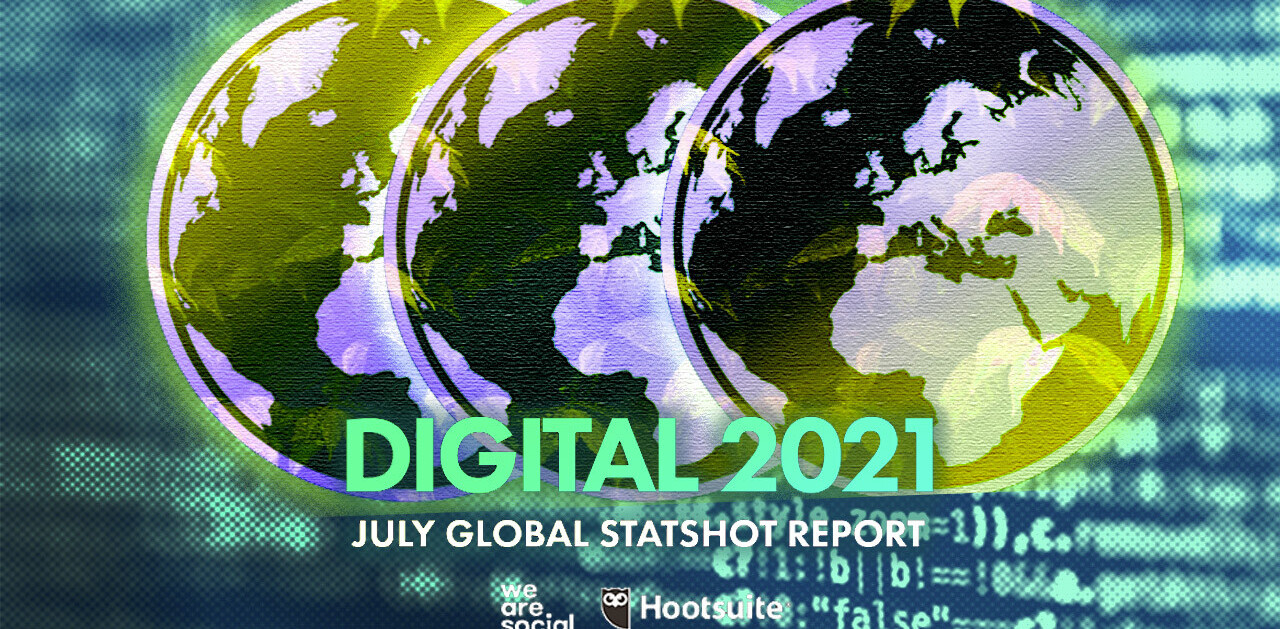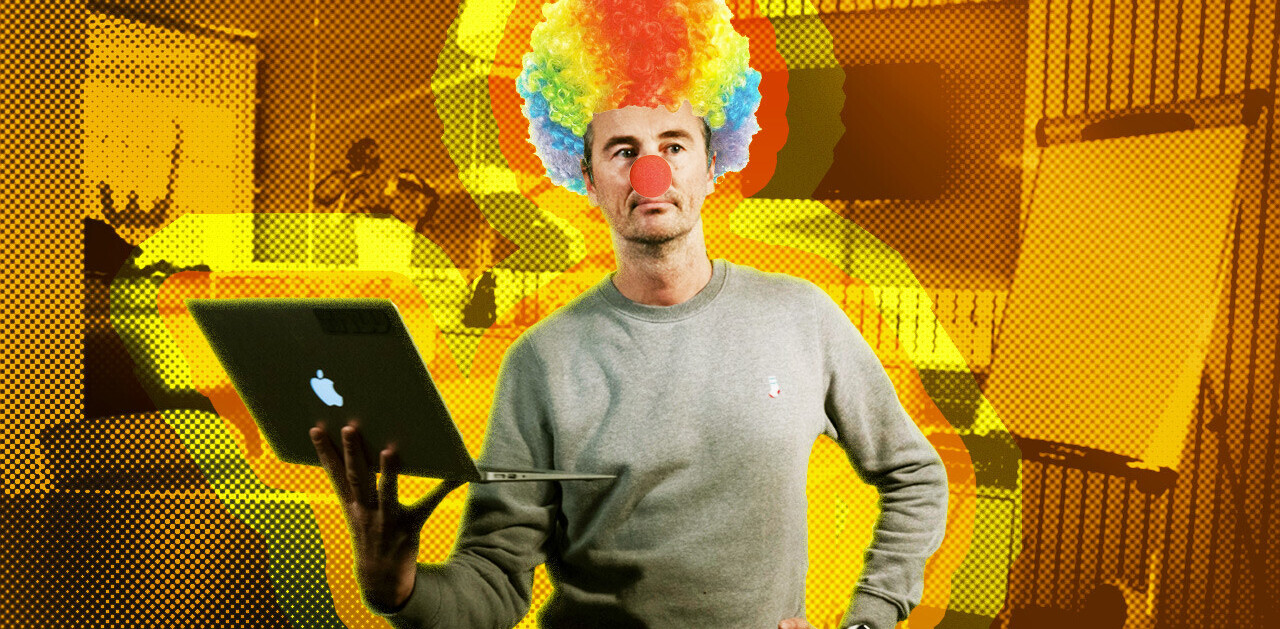
Are you reading this during a work meeting? While you’re having dinner with a group of friends? Are you driving? Or is there a movie playing in the background?
Even in the off chance you’re focusing exclusively on a digital device, this probably isn’t the only tab you had open. You’re getting other notifications as you read this sentence, and you’re thinking about jumping to the next article in sequence, or switching to another of your heavily-frequented apps.
That’s because we’re living in a “dark age” of technological distraction. The technologies that have granted us such productivity, communicative potential, and information access are also chronically distracting us, in multiple ways, and we’re only starting to learn the devastating mental and physical consequences of this.
The impact of distractions

Distraction doesn’t seem like a big deal on the surface, but no matter what we’re getting distracted from, or what’s distracting us, there’s a significant cost to pay. The flashing lights and practically limitless access to information and entertainment are too much for the average person to withstand or prevent, and even a handful of distractions in the course of a normal day can be problematic.
For example, a distraction while working seems relatively innocent; if you glance at your email in the middle of a project or quickly check social media to break up a meeting, it seems like you’ve only wasted a few seconds. However, research shows that after your attention is paused or pulled away from a central task, it takes the average person more than 23 minutes to fully recover from a distraction. This means every notification, every article, and every social media check could be costing you almost a half-hour of reduced focus, attention, and productivity.
But distractions are responsible for more than just limiting our productivity at work or in school. One of the most common causes of car accidents these days is distracted driving. Granted, not all distractions are tech-related; eating or putting on makeup while driving are distracting activities as well. However, the sheer power and convenience of mobile devices like smartphones have provided more opportunities to be distracted while driving. In 2017, distracted driving was responsible for claiming 3,166 lives.
Technological distractions also have a subtle effect on how we think, solve problems, and adapt to our surroundings. For example, if you’re watching a movie with a smartphone on standby, you’ll likely be tempted to check IMDB or a similar resource for information on the actors, directors, and other personnel responsible for creating the movie. Not only does this pull your attention away from what you’re watching, but it also relaxes your brain’s reliance on its own memory; some scientific studies suggest that relying on these impromptu searches to answer your questions can lead to a reduction in your ability to remember things. And perhaps unsurprisingly, the average human being’s attention span has been decreasing steadily over the past couple of decades, with the average person’s attention now lasting a mere eight seconds—shorter than that of a goldfish.
These distractions come in innumerable forms, but why are we in such a dark age? How have distractions managed to take over our lives?
Distraction by design

First, we have to consider that most technological distractions exist because tech companies are incentivized to distract us. Distractions serve multiple purposes:
– They command our attention, which means we’re paying more for a given product or we’re being exposed to more advertising, which translates to more revenue for the company responsible for the distraction.
– They serve as an escape, reducing our stress at least temporarily and often giving us a boost of dopamine—a feel-good chemical that keeps us coming back for more. Some have described this as a way to “hijack” our minds.
– They’re natural competition-busters. If your app is more distracting than your competitor’s, you can steal a user’s attention away from it, even if both apps are installed on the same device. More notifications, more content, and more opportunities for distraction will help your company succeed, which in turn will encourage more users to take advantage of it.
This is also a relatively new concept, so it remains unregulated. Companies aren’t required to disclose their notification settings upfront, nor are they required to take protective measures to ensure their users aren’t distracted in dangerous ways. Some companies have elected to take proactive action on this, like when the developers at Niantic decided to prevent Pokemon Go gameplay at any speed that indicated vehicular travel, but this was a choice, and not a requirement.
In short, companies are incentivized to distract us with technology, and there aren’t any rules, laws, or restrictions to interfere with that.
Lack of personal control

It’s incredibly difficult to resist distractions, even if you’re a master of self-discipline. That’s because most distractions are engineered to captivate the vast majority of us, with little to no room for avoidance. Eliminating distractions requires difficult or out-of-the-way choices, like manually turning off notifications in some hidden settings menu, or permanently deleting your favorite time-wasting app.
We also aren’t equipped with a “manual override” for our brains. While it’s possible to gain more control over our attention through meditative practices, the rest of us are animalistic, switching our attention whenever something new passes in front of us. Without proactive controls or deliberate, ongoing attention, distractions can and will get the better of us.
Toward a distraction-free future
The good news is that dark ages don’t typically last forever. Just because we’re living in a period that will be known for its rampant and destructive tech distractions doesn’t mean we’re doomed to stay here. A combination of new developments and new factors will likely pull us out of this pit, though it will take time for them to develop.
Automation will lessen the destructive impact of human distraction; many roles that require human alertness (like driving) can eliminate the threat of distractions by taking them over completely with AI. Lawmakers and companies will inevitably work together to come up with more ethical standards for how to employ notifications and possibly set limits on how much (and when) content can be consumed. And most importantly, more people will realize the destructive potential for technological distractions, and will engage in healthier distraction-avoiding and -mitigating practices, like a kind of “tech hygiene.” Once these factors begin to take shape, we’ll be in a much better position—though we’ll probably wonder how we could have been so irresponsible to let distractions dictate our lives in the first place.
Get the TNW newsletter
Get the most important tech news in your inbox each week.




